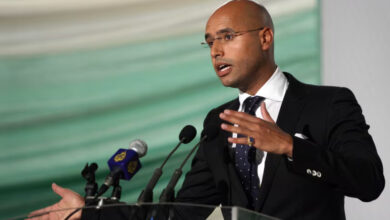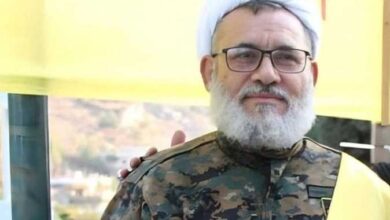The official discourse on human rights is still far from providing the correct answers to the questions raised internationally on the human rights file in Egypt. The campaign against the government, following the court ruling sentencing nine defendants to death over assassinating the former Attorney General, focused on accusing the Egyptian authorities of extracting confessions of committing this crime under torture. Reports from human rights organizations and foreign newspapers and some shy statements by European leaders (other than front row leaders) were speaking about unfair trials.
In fact, the answers provided at the Arab-European summit in Sharm el-Sheikh or through the media outlets were out of context and did not try to counter this accusation with legal and political responses. These answers seemed to reject the value of human rights in principle, so some interpreted it as if Egypt says that our values and culture allow and justify torture and execution without fair trials, which is not true.
The President has focused on the priority of combating terrorism, even at the expense of human rights, a point that has popular support in Egypt and receives the satisfaction of the radical nationalist right wing in the West (gaining popularity among the public). He pointed to the dangers of terrorism, which threatens our region with destruction and devastation. Western countries have also faced the existence of extremist terrorist elements with security and an incubator environment that includes thousands of Muslims feeding terrorism, and they are sometimes subject to security breaches that have been met with human rights objections. But these objections have not affected the opinion of the public, who mostly accepted any restrictions imposed in Europe on intellectually radical Muslims, even if they did not practice or incite violence and even if these restrictions were at the expense of human rights principles.
The priority of fighting terrorism in our country is echoed by a current in Europe that explicitly or implicitly considers that the Arab region has unique privacy that renders it indomitable to democracy and respect for human rights. That current echoes that the West is no longer interested in spreading democracy and human rights in the Arab world (except for NGOs’ work), because there is a current within it that considers it a hopeless region, with the only demand being that this region does not export terrorists and refugees to Europe.
Although the official discourse in Egypt targets this current, it insists on losing the civil democratic current in full and most of the think tanks and major newspapers when it does not review the violations that occur in the field of human rights as an Egyptian issue first and not a Western one. Also, making a speech that seems to reject human rights as a principle and a supreme value is very damaging to us. What is needed is to correct internal mistakes and discuss the subject or the accusation, confront the politicization of human rights discourse, and not say that there is culture for us or others that allows them to insult the man whom God has honored.




